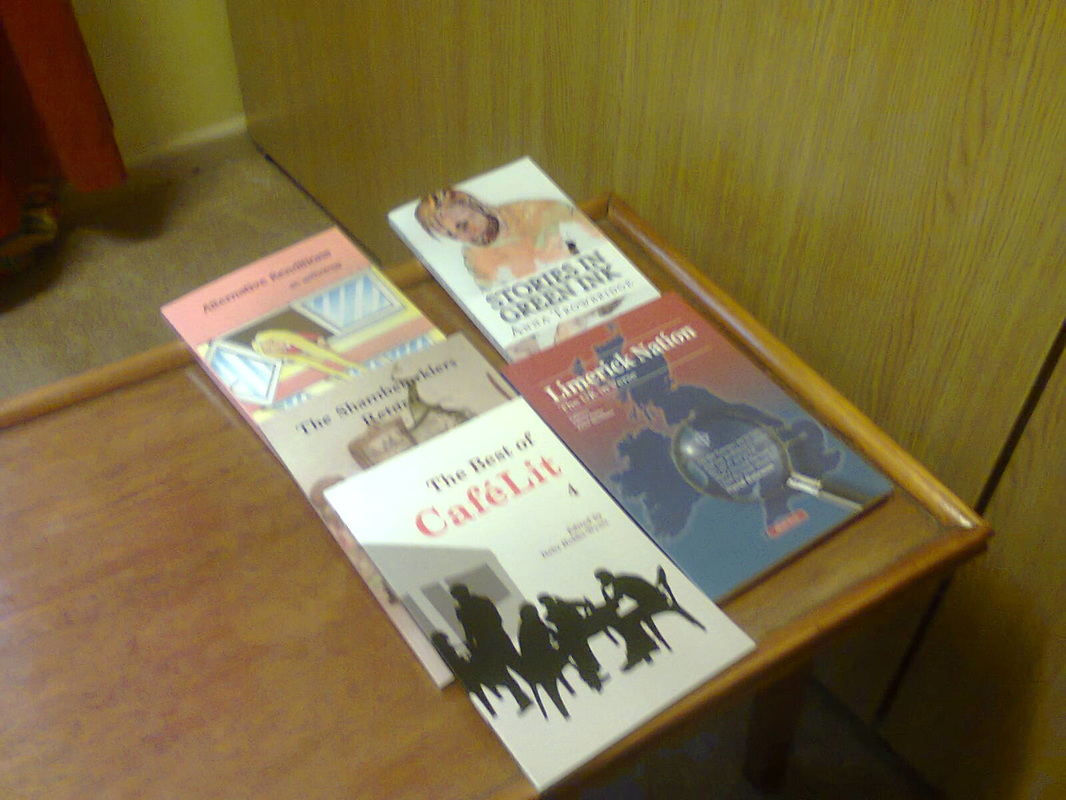Bad habits? What do your characters have? How did they develop these? Do they drive a loved one mad? Who are their loved ones? How did those relationships develop? You may well find you don’t need to put all or any of this into your story but as long as you know the answers you will be able to write about and for your characters with confidence, which will show in your stories.
Do your characters have habits or traits they’re not conscious of but which others observe? Details like that add to your stories. Eileen has a reputation for eccentricity due to her name change, defection, and she wears separates, not traditional fairy costume, all of which I’ve drip fed into the books but it all backs up her eccentric trait.
Good habits? Quirks? Do they agree with their world’s politics? Have they any ways of showing their views? What are the consequences?
Your characters’ main attributes should be evident through (a) what they say and (b) what they do. Having said that great fun can be had with hypocritical characters or those who don’t think they are hypocrites but everyone else around them knows differently! Eileen, for example, thinks hypocrisy is something that happens to other people! Do you like your characters? Can you see good points even in your villains?

 RSS Feed
RSS Feed
